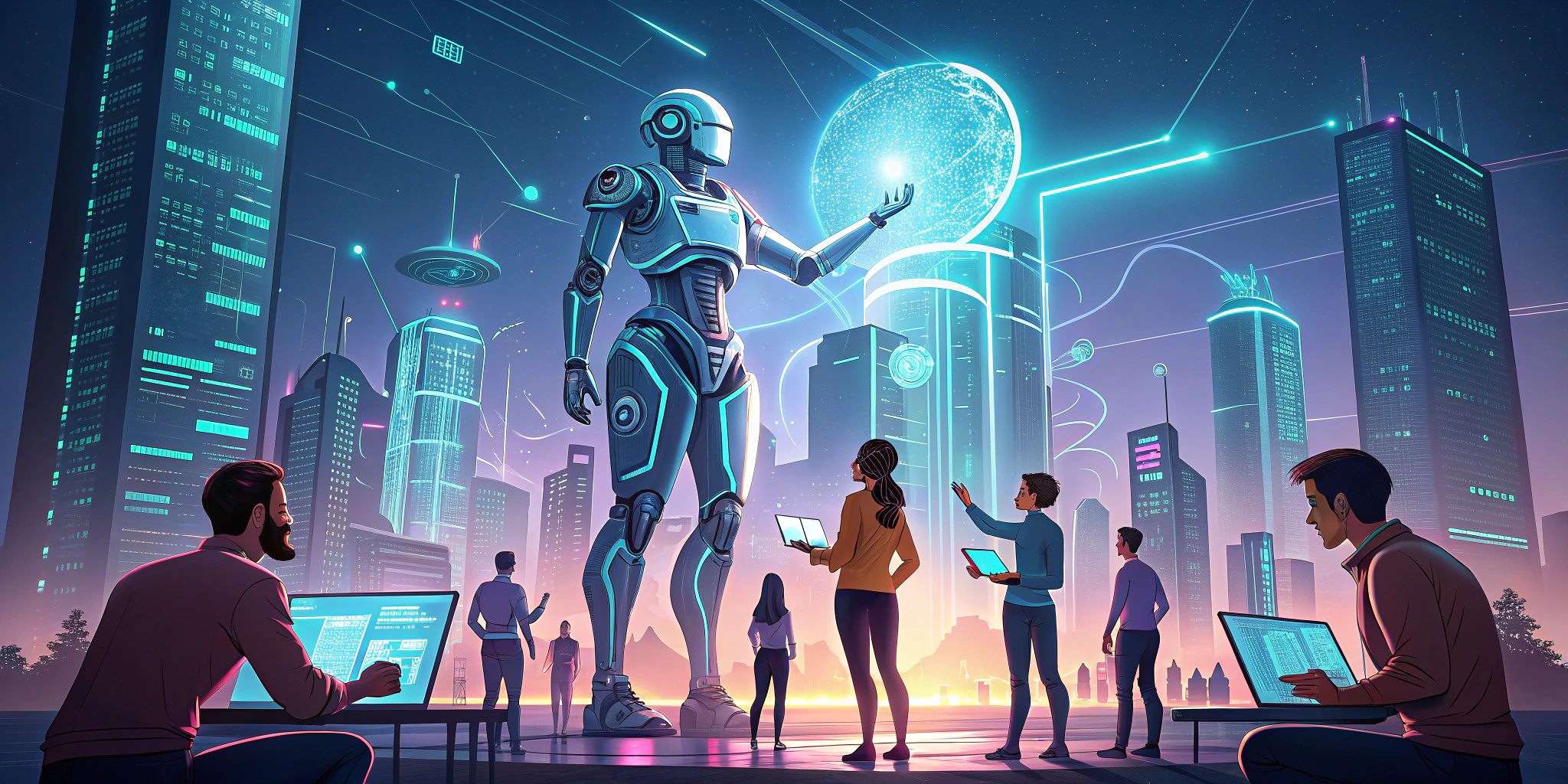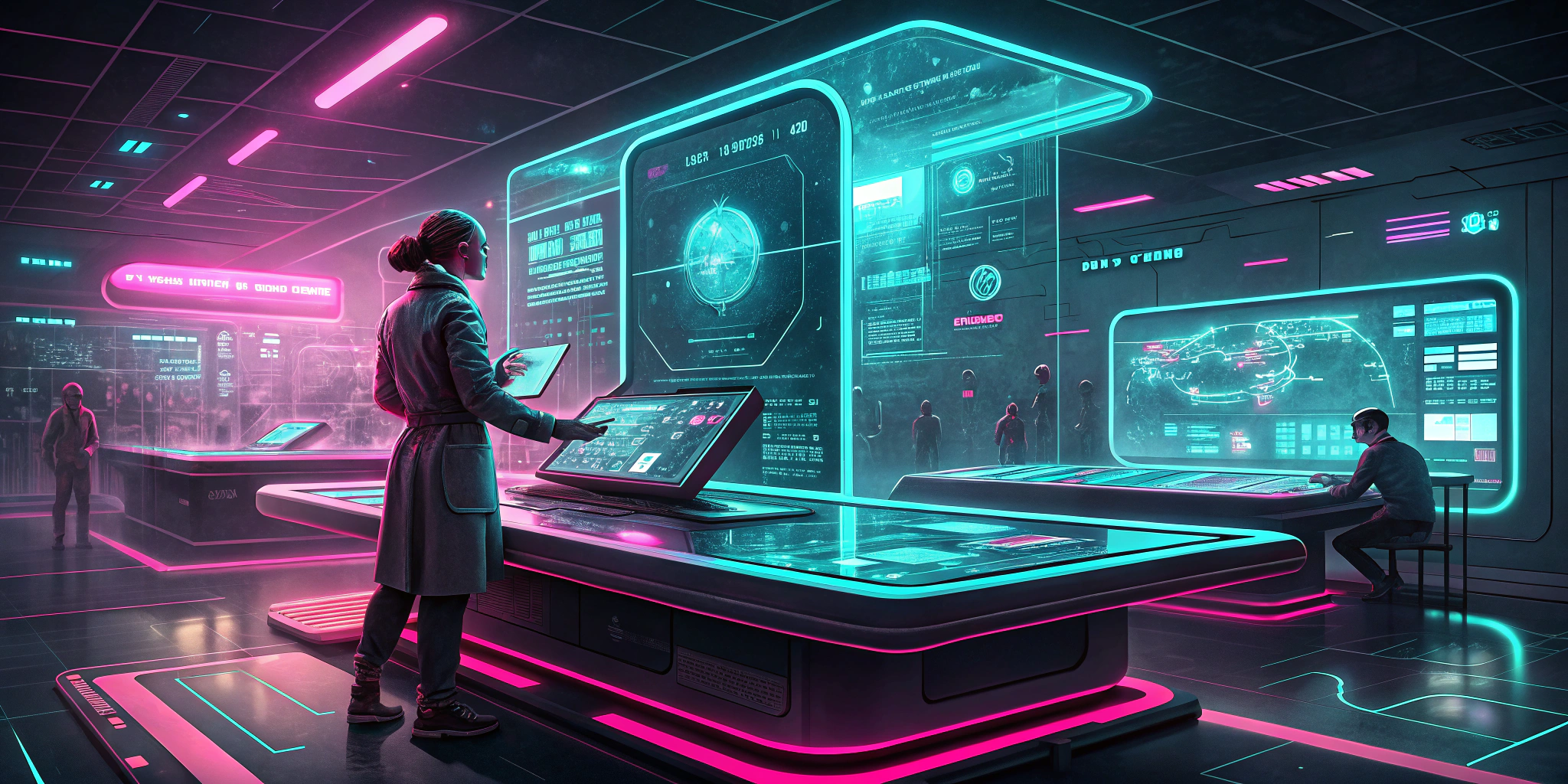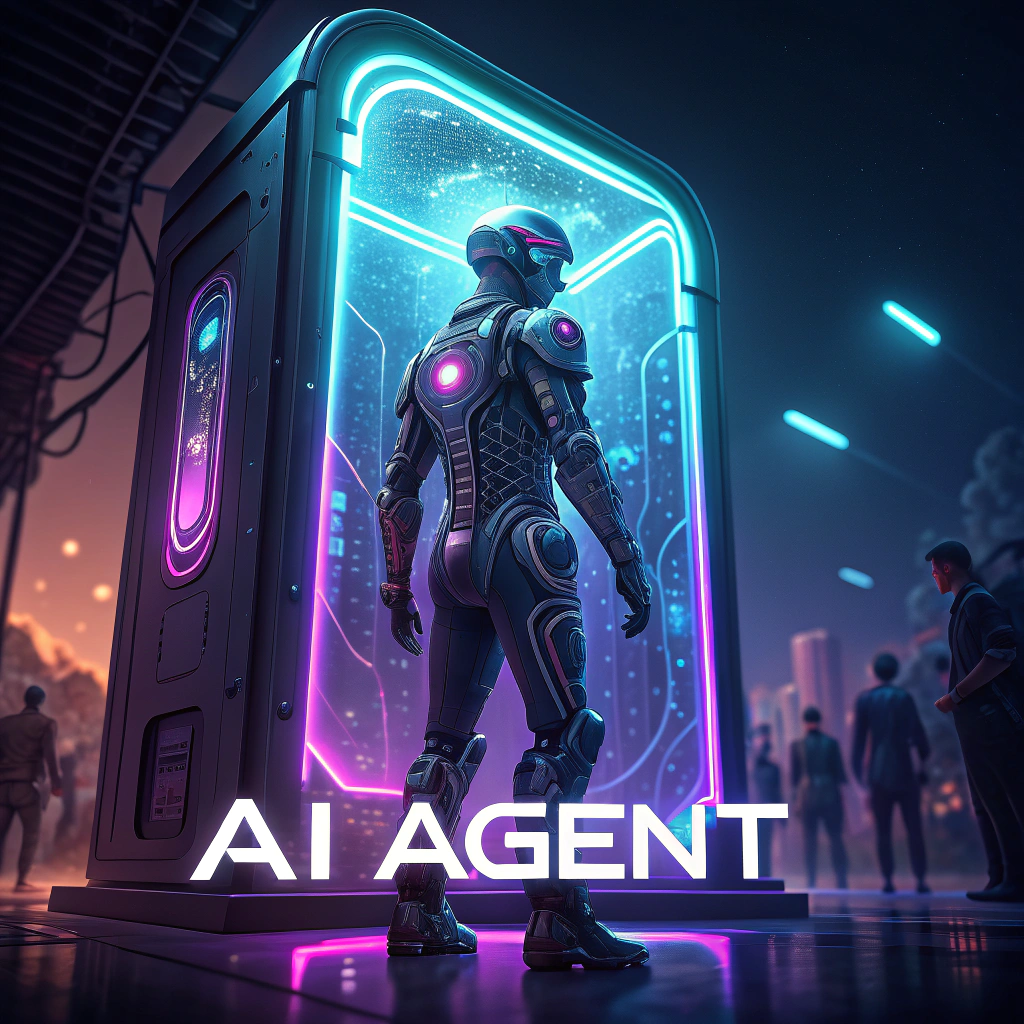Agent AI Agents: Unveiling the Future of Intelligent Automation
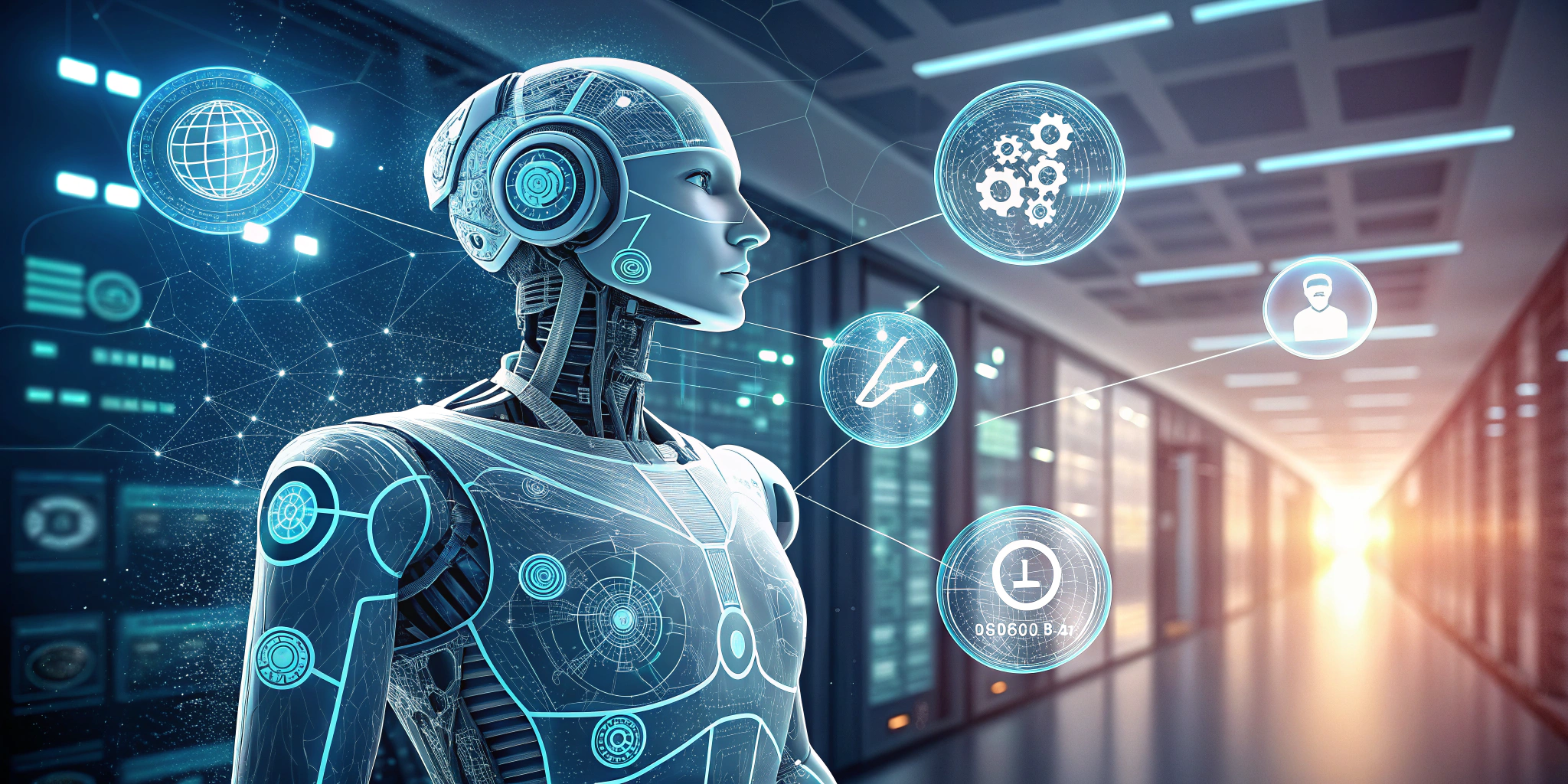
Agent AI Agents: Unveiling the Future of Intelligent Automation
Date: 21 May 2025
Introduction
In today’s fast-moving digital landscape, the concept of the agent has taken center stage. Agent-driven artificial-intelligence systems—commonly called Agent AI agents—possess autonomy, learning capability, and goal-oriented reasoning that allow them to execute entire workflows without human micro-management. This blog post provides a comprehensive, SEO-optimized guide to what agent technology is, why it matters, and how businesses can harness it for competitive advantage.

What Is an Agent AI Agent?
An Agent AI agent is an autonomous software agent that uses machine learning, natural-language processing, and tool integration to perceive an environment, plan a series of actions, and deliver results with minimal human input. Unlike traditional scripts or chatbots, each agent can:
- Set sub-goals toward an overarching objective.
- Call relevant APIs, databases, and third-party tools.
- Learn from outcomes and refine future strategies.
Core Components of an AI Agent
- Autonomy – the ability to act without step-by-step instructions.
- Learning Engine – algorithms that adapt from data and feedback.
- Tool Use – connectors to search, code-execution, knowledge bases, and more.
- Memory – short- and long-term context retention for coherent decision-making.

High-Impact Applications
1. Customer-Service Automation
Agents route tickets, draft personalized replies, and escalate edge-cases—cutting average response times by 70%.
2. Healthcare Decision Support
Clinical agent systems analyze symptoms, suggest next-step diagnostics, and flag anomalies for doctors.
3. Finance & Fraud Detection
Trading agents scan real-time data, execute low-latency strategies, and proactively halt suspicious transactions.
4. Cyber-Security
Threat-hunting agents continuously probe networks, learning attacker behavior in order to quarantine breaches.
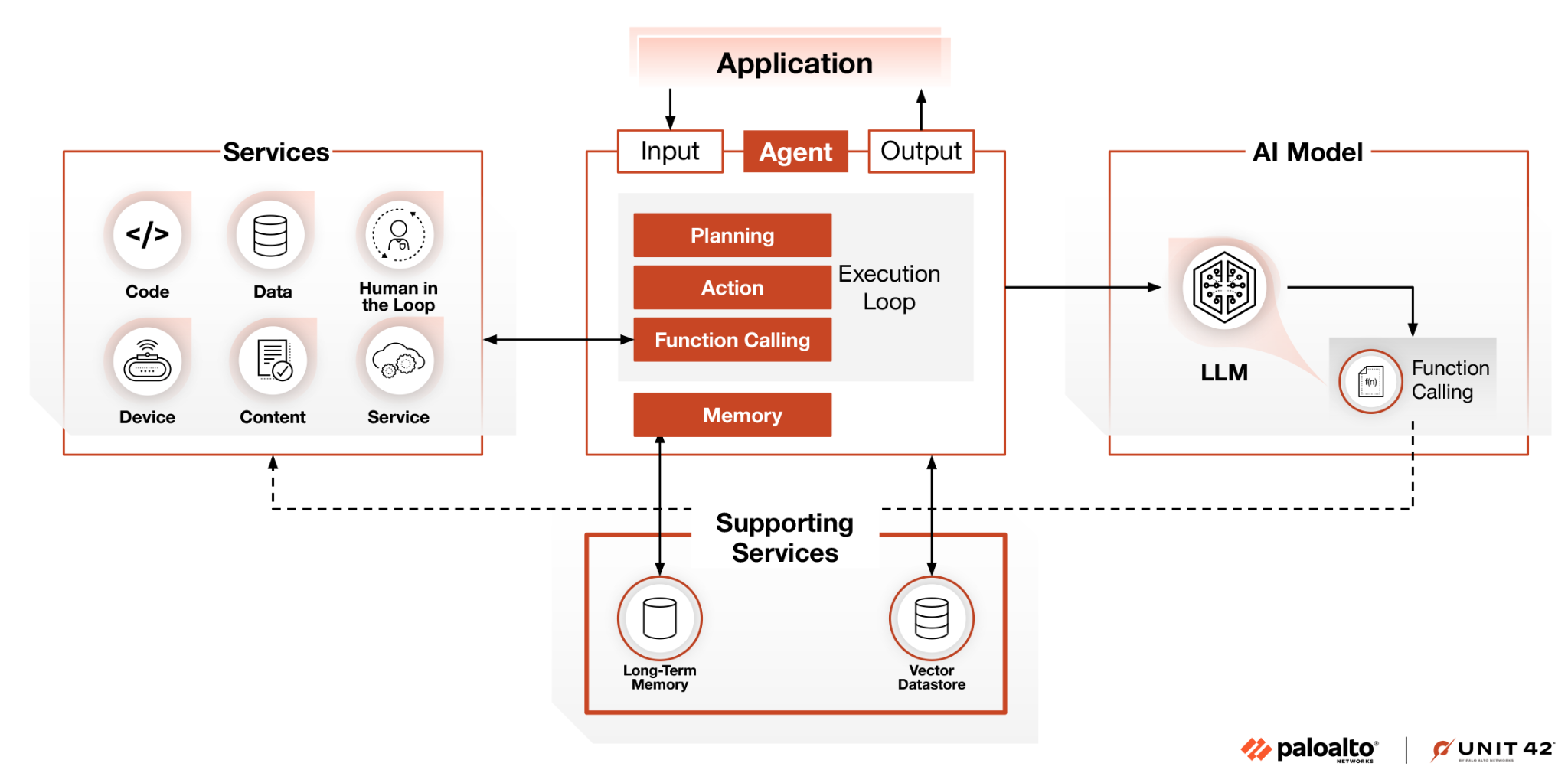
Benefits of Deploying Agent Technology
- Productivity Gain: Automates repetitive processes end-to-end.
- 24 / 7 Availability: Agents never sleep, ensuring uninterrupted operations.
- Scalability: Instantiate additional agents on demand as workloads grow.
- Actionable Insights: Continuous learning yields data-driven recommendations.
Risk & Ethical Considerations
While agent architectures unlock efficiency, they also introduce new attack surfaces and raise concerns around bias, compliance, and transparency. Governance frameworks and robust monitoring are essential.
Future Outlook
By 2030, Gartner predicts that agent-based workloads will power 40% of all digital-business tasks. From self-healing supply chains to hyper-personalized education, the agent era is only just beginning.
